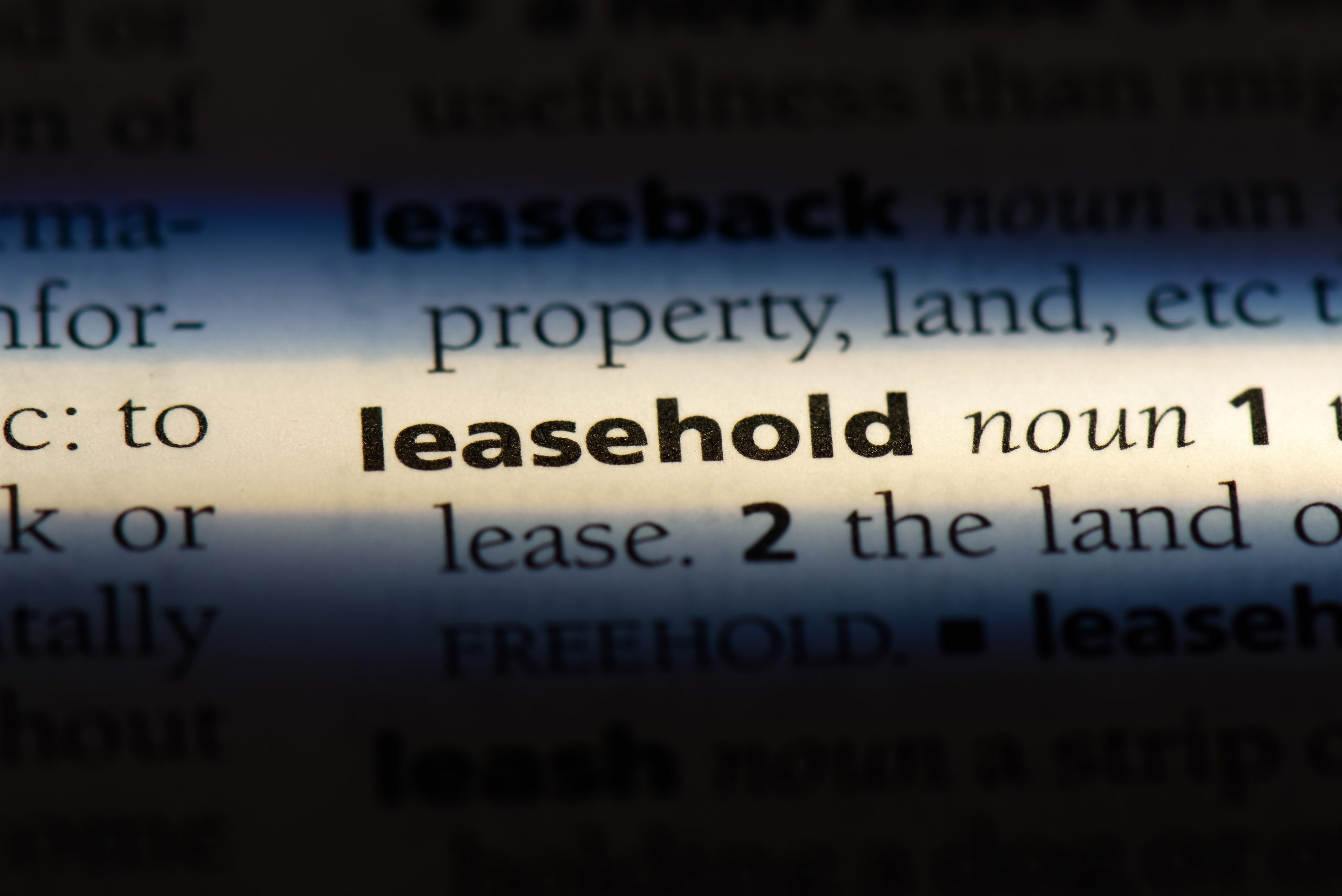
While next year will mark the start of a new housing market cycle, noted the agent, with price rises of 3% expected, 2026’s price growth forecast has been downgraded.
By the end of this year, house prices are forecast to be 3.5% higher than in Q3 last year as the mood of the market shifts to “cautious optimism”.
This outperforms Hamptons’ prediction of no change last year due to mortgage rates falling faster than anticipated.
New housing cycle
A rise of 3% is forecast for 2025, followed by a 3.5% increase in 2026, downgraded from 5%, and a 2.5% rise in 2027 as borrowers’ affordability improves.

Wellness and wellbeing holidays: Travel insurance is essential for your peace of mind
Out of the pandemic lockdowns, there’s a greater emphasis on wellbeing and wellness, with
Sponsored by Post Office
London is expected to outperform the rest of the country seeing 4% growth in Q4 2025 outpacing the other regions for the first time since 2015 marking the beginning of a new housing cycle.
However, unlike the beginning of previous cycles such as in 2008 and 1994, areas outside Prime Central London (PCL) are expected to be the strongest performers. PCL’s recovery is likely to be delayed as buyers and sellers adjust to revised tax rules.
The base rate, says the agent, is likely to fall to around 3.75% by the end of next year – a price cut that Hamptons says has already been priced into mortgage borrowing. But competition among lenders should cause rates for high loan to value and niche lending to fall.
Outlook downgraded
In 2026, Hamptons expects the base rate to settle at around 3.5% with average mortgage rates falling to 4% but rates are expected to edge upwards towards the end of the year resulting in the downgrading of its forecast from 5% to 3.5%.
Aneisha Beveridge, head of research at Hamptons, said: “Even though an improving affordability picture, driven by lower mortgage rates and robust pay rises, looks likely to fuel price increases and transactions in 2025, higher rates for longer will weigh on long-term growth.
“The combined effect of persistently higher interest rates and sluggish economic growth is likely to dampen long-term house price performance compared to previous cycles. It will also remain a barrier to homeownership for many would-be first-time buyers, limiting longer-term transaction numbers.”
Longer-term house price growth across Great Britain is expected to average about 2.5% annually. This compares to the 2015-2019 period when annual house price growth averaged 3.9% with base rates below 1%. The new era of interest rates, likely to remain above 3%, is expected to temper house price growth, says Hamptons.
This article was first published on YourMoney.com‘s sister site, Mortgage Solutions. Read: House price forecast downgraded as higher taxes and interest rates weigh down on market




